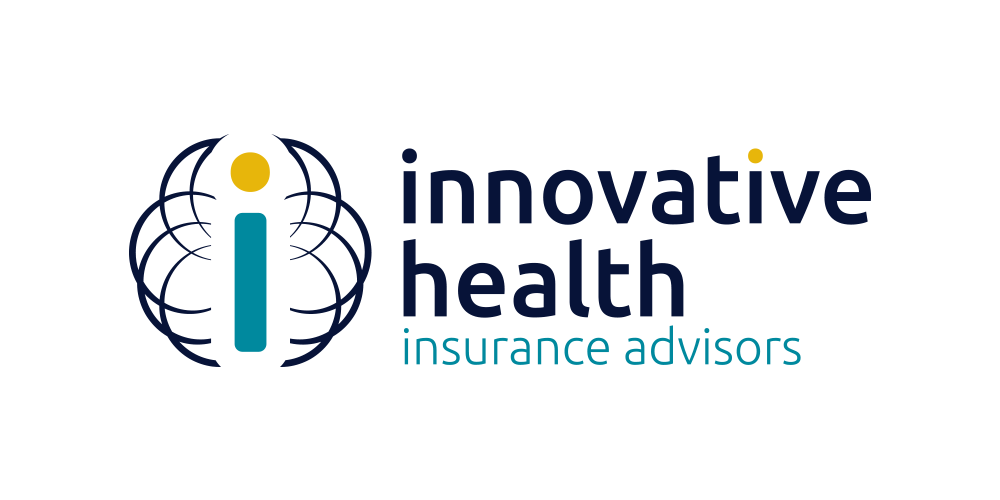Open enrollment for health insurance in the United States begins annually on November 1st and ends on January 15th. Some states, like California, however, extend the enrollment date for residents to the end of January.
Over the past few years, enrollment rates dipped due to funding cuts from the previous administration for advertisements and navigators aiding sign-ups for coverage.
This year, however, we experienced a spike in enrollment for the Affordable Care Act (ACA) plan, otherwise known as Obamacare. This period alone reached a new record with over 14.5 million Americans signing up for health insurance coverage. The ACA Times believes that after finally totaling up the number of enrollees, it will exceed 15 million Americans.
Nearly six million of the 14.5 million people who enrolled in ACA coverage health plans during this period were brand new signups—people who have never before enrolled in ACA coverage through the marketplace.
The goal of the ACA is to increase access to affordable healthcare. A key element of the plan is that it helps cover people living below 150% of the Federal Poverty Level (FPL). It now also extends subsidized coverage to those with an income at or above 400% of the FPL.
The ACA Times reports that thanks to the American Rescue Plan and the additional premium subsidies it introduced, “a sizable 32% of the healthcare.gov enrollees selected a plan for $10 or less per month.”
Why Are People Enrolling?
Advisors attribute this surge in registration to increased government subsidies that help lower out-of-pocket costs for participants. In fact, 90% of health insurance consumers under the ACA had access to lower premiums.
For now, those enrolling in health insurance do not pay more than 8.5% of their income towards insurance coverage—which now includes individuals at or above 400% of the FLP.
The last surge happened in 2016 when we saw 12.7 million people enroll. CNN found that currently, “roughly 27 million Americans are still uninsured, and 64% of them are eligible for coverage assistance.” If the Biden Administration’s Build Back Better bill passes both the House of Representatives and the Senate, subsidies and expansions from the American Rescue Plan will continue for those ensured in Obamacare through 2025.
Xavier Becerra, Secretary of Health and Human Services, attributes the spike in enrollment to “delivering on [their] commitment to mak[ing] healthcare a right for Americans and to ensure it is accessible and affordable.”
The next few years may see continuous surges in health insurance enrollment as people search for affordable health coverage. If the bill does not pass, however, the benefits tied into the bill will not either.
States with the highest enrollment include Florida, Georgia, and Texas. High enrollment rates here are due largely in part because these states have not expanded Medicaid.
KHN explains that “in expansion states, people with incomes from 100%-138% of the federal poverty level can enroll in Medicaid. In states that haven’t expanded the program, they can get subsidies to enroll in private plans through [ACA] marketplaces.”
More than ever before, people have access to healthcare coverage with lower premiums. A recent poll from the Kaiser Family Foundation shows public support for Obamacare at an all-time high. The ACA is gaining widespread popularity.
People enrolling now also have more options to choose from when selecting plans. The marketplace now offers up to seven different options whereas previous years provided only about four different insurers to choose from.
How Does this Impact Employers?
With the record number of people actively enrolled in health insurance, employers must be prepared:
- To meet the demand
- For increased enforcement of the ACA’s Employer Mandate
Applicable Large Employers (ALEs) are required by law to offer at least 95% of their full-time employees ACA-compliant benefits.
ALEs who do not offer health insurance can be reported to the Internal Revenue Service (IRS) and are subject to high fines and penalties associated with noncompliance.
As more people enroll in health insurance, make sure your business is offering ACA-compliant insurance to avoid being reported to the IRS.
See what your business could be liable for by not offering ACA-compliant insurance, and what your business could save by offering MEC benefits by visiting our calculator here.
Remember: Employers who have employees who are actively using their health insurance benefits have a healthier and happier workforce. Employees are more likely to stay with your business and be more productive.
To learn more about our benefit plans, visit our page here.
Article originally published on SBMA Benefits.



